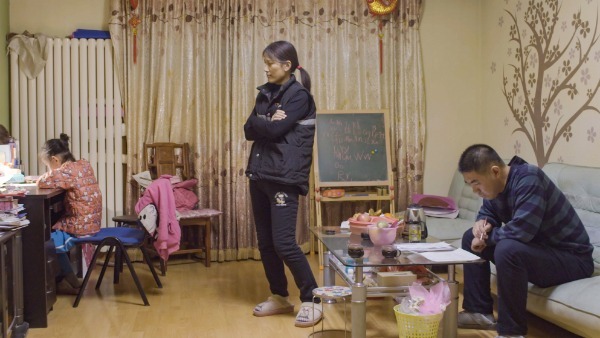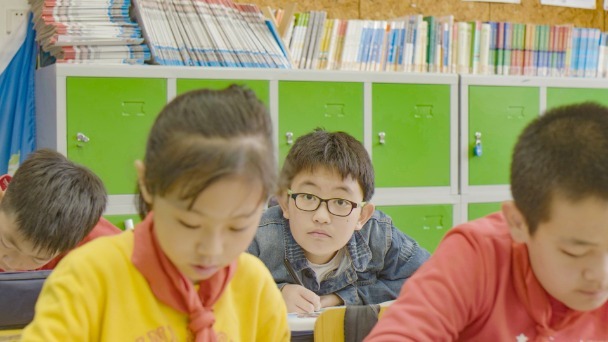

According to Li Hong, dyslexia refers to the condition when children have ordinary IQs, equal access to schools and motivation to study but have difficulty learning words due to some mild brain dysfunction-especially memorizing, pronouncing and understanding the meaning of characters, which make it hard for them to read.
As a result, students with dyslexia usually perform poorly on Chinese-language exams at first and later in other subjects that require reading.
"People are usually born with dyslexia, and it's difficult to cure it. We can just provide intervention to reduce the influence," says Li Hong.
Since public awareness of the problem is low in China, children with the disorder are often labeled "lazy" or "stupid", leading to their parents' anxiety, counterparts' ridicule and teachers' scolding.
Pop star Xiao Jingteng, who has this problem, wrote in his autobiography: "Sometimes, for those who have dyslexia like me, others' misunderstandings can bring more harm than the problem itself."
Li Ruihua says: "We wanted to show the dilemma of the families in the documentary."

The first episode shows a rebellious Xiaoxiao's eagerness for freedom from his mother, who is strict with him. The second one shows self-disciplined and tense Qunxiao receiving recognition in school. And the third shows Ruoxi's family's efforts to overcome difficulties.
Fan and Li Ruihua chose the three families from some 10 cases that BNU recommended after speaking with the families.
It took three years to make the documentary. In the first year, the crew spent much time getting along and communicating with the families. They had meals, chatted and traveled together. This enhanced their understanding of the families' difficulties and the children's internal struggles.